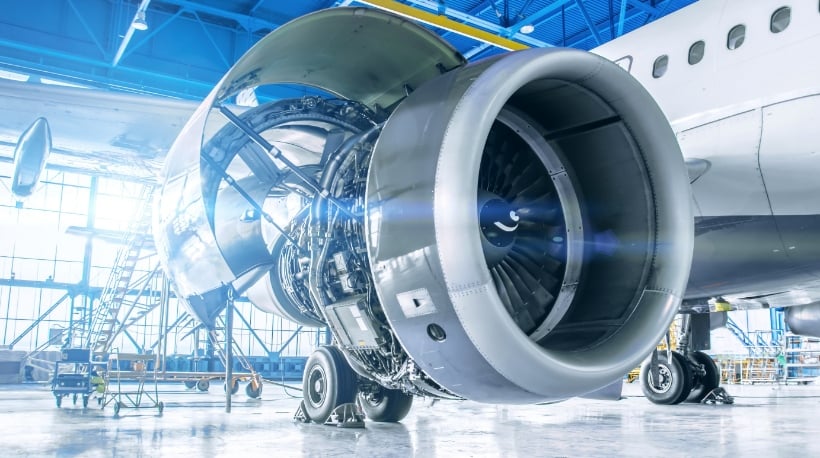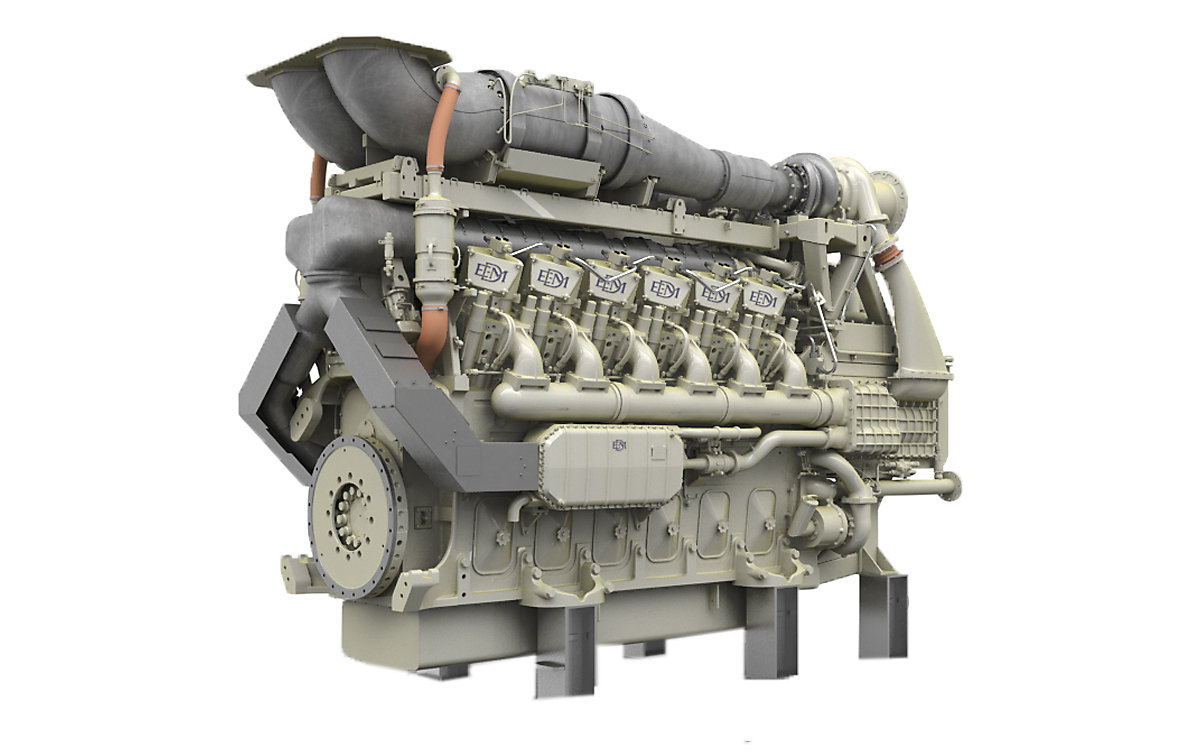Your Best Vehicle Components Shop for Engines for Africa and A lot more
Your Best Vehicle Components Shop for Engines for Africa and A lot more
Blog Article
The Effect of Innovative Engine Technologies on Power Efficiency and Environmental Sustainability
In the realm of transport and industrial machinery, the constant mission for boosted power efficiency and minimized environmental impact has actually resulted in significant improvements in engine innovations. From the gradual shift towards hybrid and electrical systems to the combination of turbocharging for improved efficiency, the landscape of engines is developing quickly. The use of different fuels even more diversifies the options available for lasting power sources. These advancements not only guarantee a greener future yet likewise hold the prospective to transform the way we come close to power intake and ecological sustainability.
Evolution of Engine Technologies
The development of engine modern technologies over the decades has actually been noted by continual innovation and refinement in search of boosted performance and performance. From the early days of internal combustion engines to the cutting-edge crossbreed and electrical powertrains of today, the evolution of engine modern technologies has been driven by a ruthless mission for improved gas efficiency and lowered exhausts.
One significant milestone in this advancement was the advancement of turbocharging and direct shot systems, which significantly improved engine power output while improving gas efficiency. These innovations enabled for smaller sized, more lightweight engines that can provide the performance of bigger ones without compromising on effectiveness.
Furthermore, advancements in materials science have brought about the widespread fostering of lightweight products such as aluminum and carbon fiber in engine building and construction. This has not just minimized general car weight but has also boosted engine effectiveness by minimizing power losses related to inertia and friction.
Benefits of Electric and Hybrid Solutions
With the expanding concentrate on sustainability and energy efficiency, what benefits do hybrid and electric systems provide in the world of engine innovations? Electric and hybrid systems present many advantages that add to a more sustainable and energy-efficient future. One of the primary advantages is the considerable reduction in greenhouse gas emissions compared to traditional interior combustion engines. Electric cars create no tailpipe exhausts, bring about enhanced air high quality and lowered ecological impact. In addition, electrical and hybrid systems are much more energy-efficient, transforming a higher percentage of kept power right into propulsion compared to standard engines. This performance causes reduced power intake and operating expense over the lorry's lifetime. Additionally, electrical automobiles provide regenerative braking systems that save and capture energy usually lost throughout stopping, even more enhancing power effectiveness. Crossbreed systems integrate the benefits of electrical propulsion with the adaptability of a burning engine, offering prolonged driving varieties and reducing array anxiety for customers transitioning to electrical lorries. Overall, hybrid and electric systems play a critical role ahead of time energy effectiveness and ecological sustainability in the transportation field.
Turbocharging for Improved Efficiency
Innovative engine technologies like electrical and hybrid systems have paved the means for advancements in automobile efficiency, with turbocharging becoming an essential method for improving total efficiency and sustainability. Turbocharging jobs by using a turbine to compel more air into the burning chamber, enabling far better fuel combustion and boosted power output without a significant rise in engine size. This process, understood as forced induction, makes it possible for smaller, much more fuel-efficient engines to produce power degrees equivalent to bigger ones. By making best use of the efficiency of the combustion procedure, turbocharged engines can achieve better gas economy and decreased discharges, adding to environmental sustainability. Additionally, turbocharging improves engine responsiveness, supplying vehicle drivers with a much more dynamic driving experience. The prevalent fostering of turbocharged engines in both gasoline and diesel lorries shows their efficiency in stabilizing efficiency, efficiency, and ecological effect. As auto producers proceed to fine-tune turbocharging technology, its duty in promoting power effectiveness and sustainability in the transportation industry is anticipated to expand further.
Using Different Gas
Utilizing alternative fuels presents an encouraging avenue for reducing carbon discharges and expanding the power resources used in transport. As the world aims to fight environment adjustment and lower reliance on fossil gas, alternate fuels have gained substantial focus for their possible environmental and economic advantages.
Biofuels, such as ethanol and biodiesel, are derived from renewable resources like sugarcane, algae, and corn, using a cleaner burning choice to typical gas and diesel. These fuels can be combined with existing petroleum gas or utilized in dedicated engines, offering a path to reduced greenhouse gas discharges and boost air quality.
Furthermore, hydrogen gas cells have become an appealing innovation for zero-emission transportation. engines for africa. By Homepage transforming hydrogen gas right into electricity to power electric motors, gas cell automobiles generate just water vapor as a result, getting rid of dangerous tailpipe emissions completely
In enhancement to reducing carbon discharges, different fuels can likewise enhance power security by expanding the gas mix and minimizing dependence on imported oil. Welcoming different fuels in transportation is an essential action in the direction of accomplishing an extra eco friendly and lasting future.

Ecological Advantages and Future Prospects
Alternate gas, such as biofuels, hydrogen, and power, deal considerable ecological advantages contrasted to conventional fossil gas. In addition, different fuels can aid diversify energy sources, useful link improving power protection and lowering dependence on limited resources.
The future prospects for alternate gas in the transport industry are appealing. Developments in modern technology proceed to improve the efficiency and cost of different gas lorries, making them extra available to consumers. Federal governments worldwide are likewise carrying out plans to incentivize the adoption of alternative gas, additionally driving their growth. As r & d efforts broaden, the potential for also greener and extra lasting fuel options increases, leading the way for a cleaner and a lot more eco-friendly transport sector. By embracing innovative modern technologies and alternative fuels, the path towards a more sustainable future comes to be progressively attainable.

Final Thought
In conclusion, cutting-edge engine innovations have played a critical function in enhancing energy efficiency and advertising ecological sustainability. The evolution of engine technologies, fostering of electrical and hybrid systems, utilization of turbocharging, and exploration of alternate fuels have all contributed to raising and minimizing emissions performance.
In the world of transport and industrial equipment, the continual mission for boosted check out this site energy effectiveness and decreased ecological effect has led to substantial advancements in engine innovations. Turbocharging works by using a generator to force more air into the burning chamber, enabling for far better fuel burning and increased power output without a substantial rise in engine size. By making the most of the performance of the combustion procedure, turbocharged engines can achieve improved fuel economic situation and reduced emissions, contributing to ecological sustainability. Alternative fuels, such as biofuels, hydrogen, and electricity, deal considerable ecological benefits contrasted to typical fossil fuels. The advancement of engine innovations, fostering of hybrid and electric systems, application of turbocharging, and exploration of alternative fuels have all added to lowering discharges and enhancing efficiency.
Report this page